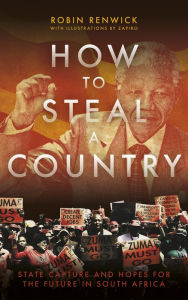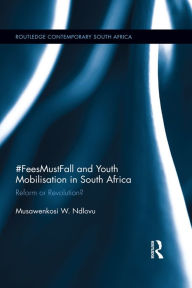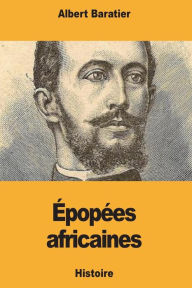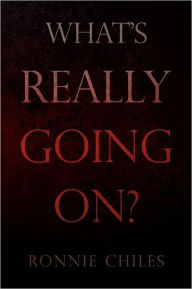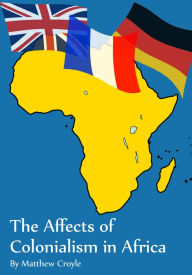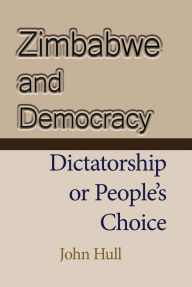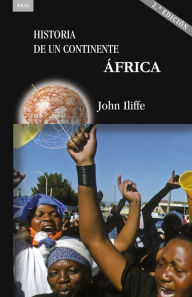
- Browse Category
Subjects
 We Begin at the EndLearn More
We Begin at the EndLearn More - Choice Picks
- Top 100 Free Books
- Blog
- Recently Added
- Submit your eBook
password reset instructions

It is not my purpose to write the history of the reconstruction. The work is still in process, and a decade later it may be formally completed. Fifty years hence it may be possible to look back and discriminate on its success or failure. The history when it is written will be an interesting book. It will among other matters deal with the work of repatriation, one of the most curious and quixotic burdens ever borne by a nation, and one, I believe, to which no real parallel can be found. It will concern itself with the slow and difficult transference from military to civil government, the renascence of the common law, the first revival of trade and industry, the restitution of prisoners, and the return of refugees—all matters of interest and novel precedents in our history. It will recognise more clearly than is at present possible the problems which faced South Africa at the time, and it will be in the happy position of judging from the high standpoint of accomplished fact. But in the meantime, when we have seen barely eighteen months of reconstruction, history is out of the question. Yet even in the stress of work it is often sound policy for a man to halt for a moment and collect his thoughts. There must be some diagnosis of the problem before him, the end to which his work is directed, the conditions under which he labours. While it is useless to tell the story of a task before it is done, it is often politic to re-examine the difficulties and to get the mind clear as to what the object of all this strife and expense of money and energy may be. Ideals are all very well in their way, but they are apt to become very dim lamps unless often replenished from the world of facts and trimmed and adjusted by wholesome criticism.
Less- File size
- Print pages
- Publisher
- Language
- ISBN
- 373.832 KB
- 224
- Public Domain Books
- English
- 978-1725094338


